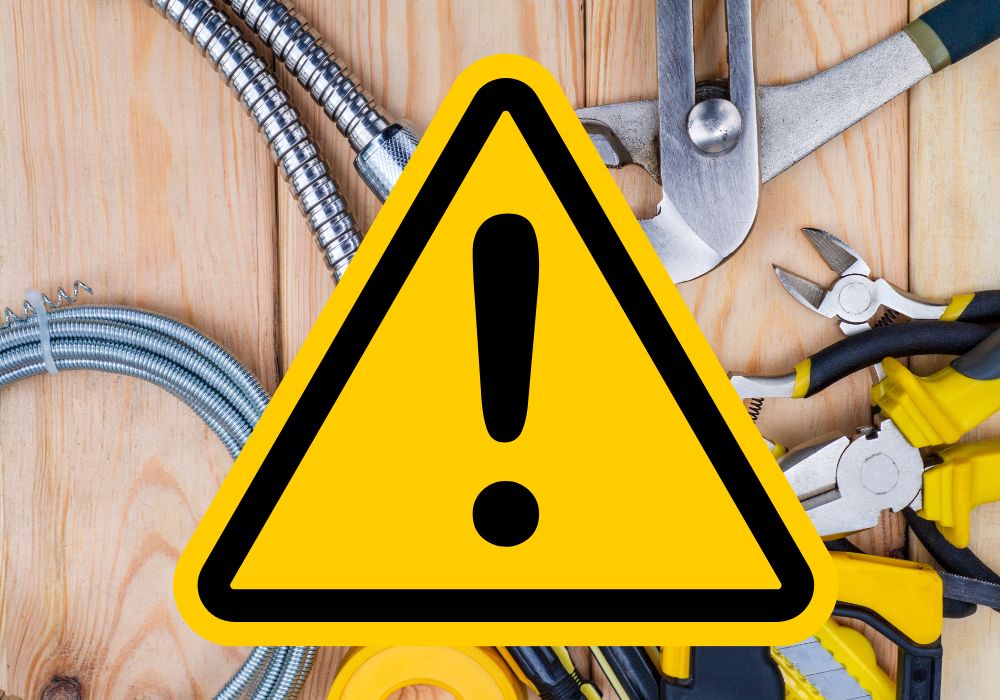The words “code” and “violation” usually strike a homeowner or a business owner with fear, but they shouldn’t. The words are there strictly for an owner’s safety and health. Plumbing code violations aren’t always intentional, like a case of an older structure whose plumbing is out of date.
The National Uniform Plumbing Code covers the entire nation, but those working on the plumbing are required to follow local or city and county codes as well.
Older buildings aren’t the only causes of code violations. Something as simple and innocent as replacing a part in a toilet could become a violation if the wrong part is used. These are a few of the most common violations.
Plumbing Code Basics
The first and foremost of regulations is that no structure should be weakened by the plumbing. That means that when a pipe meets a joist, a hole should be bored through the joist and then reinforced instead of the joist being notched. Other basics include:
- Fixtures can’t be installed too close together in a bathroom. That’s a tough one due to the lack of space in some bathrooms.
- The right size for drain pipes, supply lines, and vents is important.
- Pipe materials are very important. Today, supply lines using copper pipe and drain lines using PVC pipe are accepted by many inspectors.
- The flow of water and water pressure are the reasons plumbing exists. To ensure the proper water pressure, shut-off valves, gate valves, or a ball will need to be fitted to the system.
The Wrong Slope
Do-it-yourselfers adding a bathroom might not know that code requires the drain pipes to slope so the water can be drawn by gravity through the pipes to the sewage system. Drain pipes require a 1/8 inch downward pitch for three inch or larger pipes. Without the proper slope, backups would occur and possibly making the family ill.
Not Enough Cleanouts
Cleanouts are an access point for plumbers to remove clogs and check the efficacy of the plumbing system. One is usually located in the basement and one outdoors a few yards between the house and the city sewerage point. If there aren’t enough cleanouts, have a professional install them.
Installing Improper Fittings
To ensure proper drainage and flow, pipes bend on their way through the structure to the sewage system. Improper fittings can cause leaks and/or a backup. Both cause health problems for the family or other inhabitants of the building. Inspectors look for the right fittings in different places, so check with a professional for the correct ones.

Gluing Instead Of Priming Pipes
Plumbing pipe is fused together through a chemical process. One pipe needs to be soft so that the corresponding pipe can fuse with it. To this end, purple primer is used on the pipes in order to aid in this chemical change. Pipes that are glued instead of primed are not chemically compatible. Leaks will occur.
No Access To Pipes
Those who put walls or floors around or atop fixture management, pipe fittings, or valves don’t leave access to these things if problems happen. To avoid plumbing code violations, an access panel should be installed in the bathroom close to the tub or shower.
No Shut-Off Valves
Every structure has a main shut-off valve. However, bathrooms, kitchens, and any outdoor water fixtures need a shut-off valve of their own. Proper code requires shut-off valves on any or all faucets, toilets, and any other water feature such as the washing machine and outdoor hose bibs.
Henry Plumbing has a team of professionals who not only know about all the plumbing code violations, but are also guaranteed to follow each one. If you’re looking for experienced plumbers in the Savannah area, contact us today!

